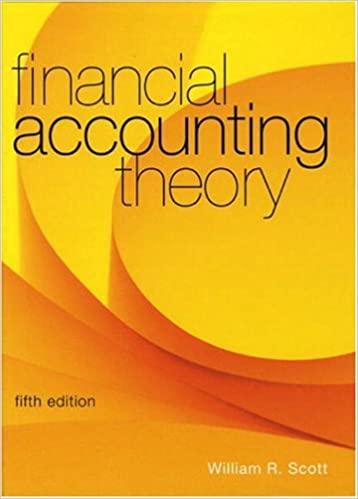In November 2006, the financial media reported a 12-year jail sentence to Sanjay Kumar, ex-CEO of Computer
Question:
In November 2006, the financial media reported a 12-year jail sentence to Sanjay Kumar, ex-CEO of Computer Associates International, a large computer software company (now called CA Inc.). In addition, Mr. Kumar was ordered to pay $8 million in fines and restitu- tion. Six other senior executives of the company were also sentenced.
The defendants were found guilty of a massive fraud during 1999-2000, Tactics used: were to hold the books open after period-end and to backdate sales contracts to the cur- rent period, to meet Wall Street expectations. In 2004, Computer Associates restated its revenue in the amount of $2.2 billion, the amount of sales fraudulently booked. Mr. Kumar joined Computer Associates in 1987, and, through a combination of brilliance and hard work, rose through the ranks to become CEO in 2000. He resigned in 2004, when the magnitude of revenue misstatement had become apparent. Mr. Kumar apologized to the court for his conduct, for which he accepted full responsibility.
Required
a. Would the revenue overstatements carried out by Mr. Kumar have affected Computer Associates' total net income over a period of several years? Explain why or why not.
b. Would an accounting standard mandating more conservative revenue recognition policies have prevented the revenue misstatements? Why or why not?
c. Give reasons why a manager would overstate current period revenue. Which reason do you feel is the most likely one in this case? Explain.
d. What source of market failure is most likely at work here? Outline the effects of this failure on investors and on the operation of securities markets
Step by Step Answer:






